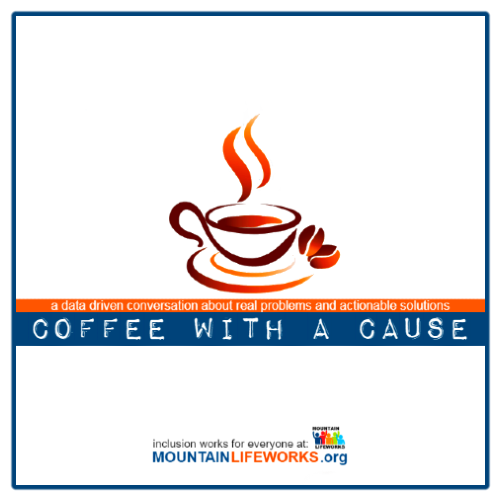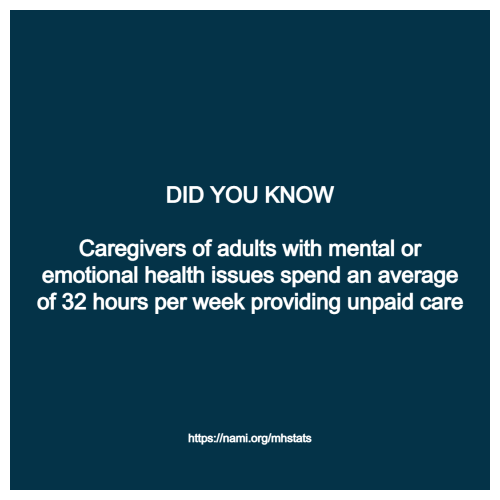
NOVEMBER 2024 caregivers & entrepreneurship
November is Caregiver Awareness Month.
Caregiving is a public health concern that can lead to physical,
emotional, psychological, and financial strain. Millions of
older adults and people with disabilities could not maintain their
independence without the help of unpaid caregivers. At least 8.4
million people in the
Caregiving can affect the caregiver’s life in
a myriad of ways including his/her ability to work, engage in social
interactions and relationships, and maintain good physical and
mental health. Providing personal care and helping with behavioral
and cognitive issues can be stressful for caregivers and result in
depression and anxiety. Many employed caregivers have had to leave
work early or take time away from work, resulting in lost wages.
Nearly 2 in 10 employed caregivers had to stop working, while 4 in
10 had to reduce their working hours to care for a loved one.
Caregiving for Family and Friends | cdc.gov
Caregiving in the US 2020 | National Alliance for Caregiving
Mental Health By the Numbers | NAMI
1 in 5 Americans is a Caregiver! - RespectCareGivers

Coffee with a Cause november 2024
November is National Entrepreneurship Month. The SBA reports 66% of all jobs are created by small businesses, and that 79% of all small businesses in Colorado have no employees. This means self-employment is 52% of all jobs. Meanwhile, people with disabilities have 2X the unemployment rate, 3X the poverty rate and face 11X the small business disparities than the next closest disadvantaged category.
Access to housing and healthcare are systemic barriers directly related to unequal access to employment income and health insurance. Entrepreneurship has long been an option for individuals seeking schedule flexibility or increased incomes. Today, individuals with disabilities and caregivers are turning to entrepreneurship to meet both individual care needs as well as professional and financial goals.
Colorado Small Business Economic Profile (sba.gov)
State of Colorado Disparity Study | OSC
2020 State of Colorado Disparity Study Executive Summary - PDF
People with Disabilities | NAMI

Coffee with a Cause november 2024
Starting a business offers people the
opportunity to earn a living and connect with private health plans
while maintaining choices such as healthcare providers, work hours,
nature of tasks, etc
Business classifications are used to identify entity eligibility for government programs and benefits similar to how individuals qualify for services and supports based on poverty level. Business classifications for supplier diversity and other small business programs eligibility begin with small-business enterprises (SBEs). Then we have minority-owned enterprises (MBEs), and woman-owned enterprises (WBEs). The definition expanded to include veterans (VBEs), service-disabled (SDVBEs), disability-owned business entities (DOBEs) and other underrepresented or underserved groups.
Entrepreneurs can help Fix the Disabled Unemployment Crisis |
Entrepreneur
Why You Need a Supplier-Diversity Program | Harvard Business Review
Remember a balanced approach uses verified data to identify problems and to propose actionable solutions. Only those willing to have difficult conversations can solve difficult problems. The first step to solving any problem is accepting the data indicating a problem... not blaming the messenger or method of delivery.
So join us for Coffee with a Cause and let's keep the conversation going each month with more data and actionable real life solutions!